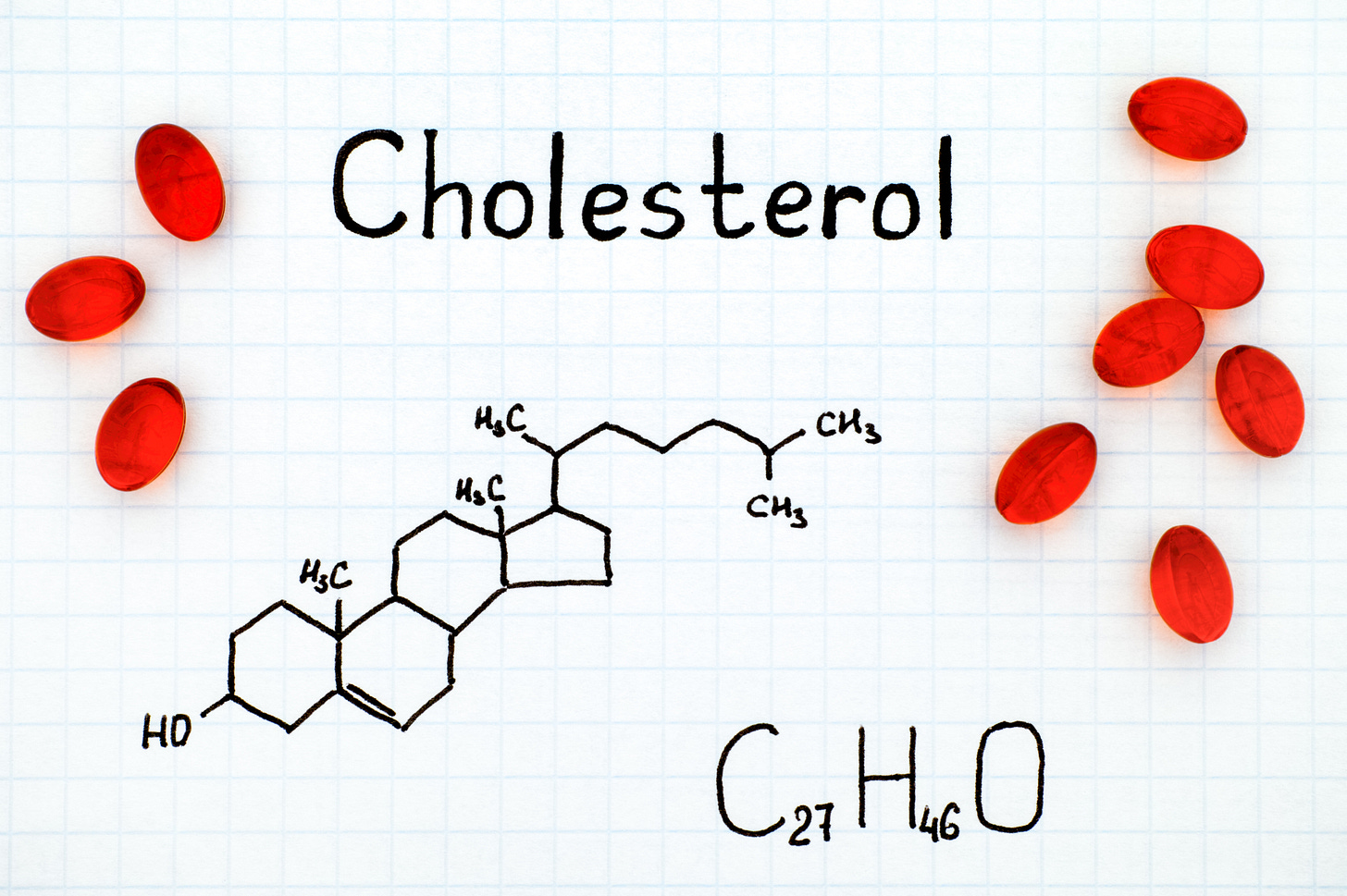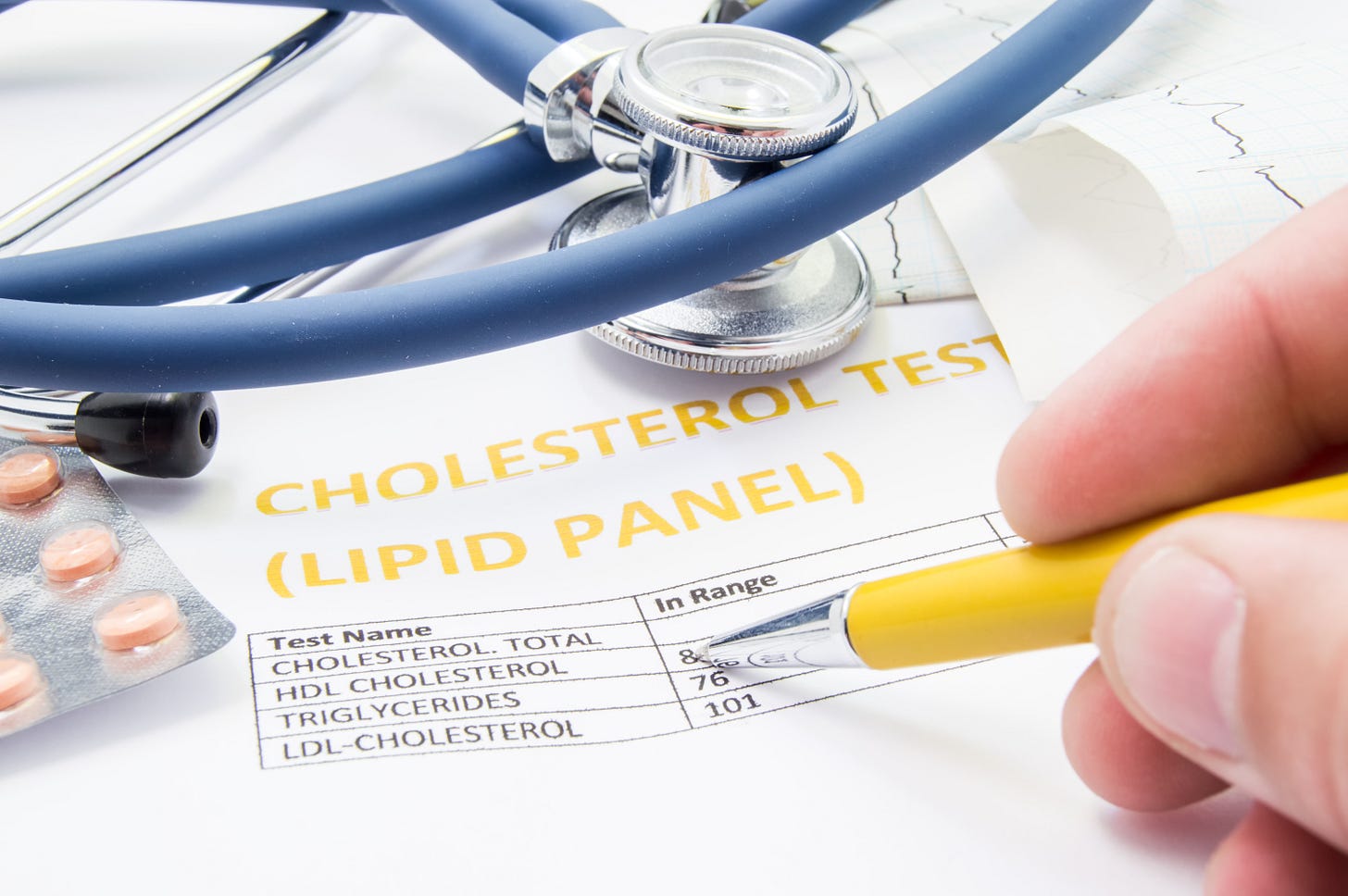Cholesterol’s Essential Role and Controversial Reputation
Understanding the Science, History, and Health Impact of a Misunderstood Molecule
Cholesterol’s Essential Role and Controversial Reputation
Cholesterol is one of the most talked-about molecules in health and nutrition, yet it’s often misunderstood. While many people associate cholesterol with heart disease and dietary warnings, this essential lipid plays a crucial role in every cell of your body. Understanding what cholesterol is, how it functions, and its impact on your health can help you make informed choices about your diet and lifestyle.
Unlike many other molecules in the body that quietly perform their functions, cholesterol has become a central figure in both scientific research and public debate. Its importance—and the controversies surrounding it—make cholesterol a molecule everyone should understand.
What Is Cholesterol?
Cholesterol is a type of lipid molecule found in every cell of the human body. With a molecular weight of 386.65 g/mol¹, this fat-like substance is essential for life. But what is cholesterol, really? It’s a building block for cell membranes, a precursor for vital hormones, and a key player in the production of vitamin D.
The History of Cholesterol: From Discovery to Debate
The history of cholesterol begins in the 18th century, when French chemist François Poulletier de la Salle first isolated it from gallstones. For decades, cholesterol was simply a scientific curiosity. But in the 20th century, researchers discovered a link between cholesterol and heart disease, and cholesterol quickly became a household word—often for the wrong reasons.
Cholesterol in Health: Friend or Foe?
Cholesterol in health is a story of balance. Your body needs cholesterol to:
Build and maintain cell membranes
Produce hormones like estrogen, testosterone, and cortisol
Synthesize vitamin D from sunlight
Support brain health (approximately 20–25% of the body’s cholesterol is found in the brain, mostly in myelin²)
But too much cholesterol, especially low-density lipoprotein (LDL, or “bad” cholesterol), can lead to plaque buildup in arteries and increase the risk of heart disease. High-density lipoprotein (HDL, or “good” cholesterol) helps remove excess cholesterol from the bloodstream, reducing this risk³.
Cholesterol in Food: What You Need to Know
Cholesterol in food has long been misunderstood. While foods like eggs, cheese, and meat contain cholesterol, most of the cholesterol in your body is actually made by your liver and intestines—about 80%⁴. Only about 20% comes from the foods you eat. For most people, dietary cholesterol has only a modest impact on blood cholesterol levels. Instead, saturated and trans fats in food have a much greater effect on raising LDL cholesterol.
Cholesterol Facts: Surprising Truths
Cholesterol is essential for life: Every cell in your body needs cholesterol to function.
Your liver makes most of your cholesterol: About 80% is produced internally; only a small portion comes from food⁴.
Cholesterol is the precursor to vitamin D: Sunlight helps your body turn cholesterol into this vital nutrient.
Cholesterol is vital for brain health: The brain contains about 20–25% of the body’s cholesterol².
The “cholesterol myth” is evolving: Recent studies show that for most people, dietary cholesterol has a limited effect on blood cholesterol.
The Impact Today: Cholesterol and Heart Disease
Cholesterol’s impact on modern health is profound. Cholesterol and heart disease remain a major focus of medical research and public health. Between 2017 and 2020, 10% of adults age 20 or older in the United States had total cholesterol levels above 240 mg/dL⁵. Abnormal levels of cholesterol are associated with a significantly increased risk of cardiovascular disease (CVD) mortality⁶. Statins and other cholesterol-lowering drugs have saved millions of lives, but the conversation about diet, genetics, and the true role of cholesterol in heart disease continues to evolve.
Did You Know? (Cholesterol Quick Facts)
Cholesterol is not inherently “bad”: It’s essential for hormone production and cell structure.
HDL and LDL are not cholesterol themselves: They are lipoproteins that transport cholesterol in the blood.
Eggs are back on the menu: For most people, eating eggs does not significantly raise blood cholesterol.
Cholesterol is found only in animal products: Plants do not contain cholesterol.
Cholesterol is crucial for digestion: It helps your body make bile acids, which digest fats.
Want to explore the structure in 3d yourself? Try here!
Curious for more? Subscribe to MolecularWeights and discover the hidden stories behind the molecules that shape our world, one fascinating fact at a time. Have a question about cholesterol or another molecule? Leave a comment below!
Bibliography
Cholesterol | C27H46O | CID 5997 - PubChem.
https://pubchem.ncbi.nlm.nih.gov/compound/CholesterolBrain Cholesterol: Long Secret Life Behind a Barrier.
Björkhem, I. (2004). Arteriosclerosis, Thrombosis, and Vascular Biology, 24(5), 806–815.
https://www.ahajournals.org/doi/full/10.1161/01.atv.0000120374.59826.1bHigh Cholesterol Facts | Cholesterol | CDC.
https://www.cdc.gov/cholesterol/data-research/facts-stats/index.htmlHow it's made: Cholesterol production in your body - Harvard Health.
https://www.health.harvard.edu/heart-health/how-its-made-cholesterol-production-in-your-bodyHigh Cholesterol Facts | Cholesterol | CDC.
https://www.cdc.gov/cholesterol/data-research/facts-stats/index.htmlSerum Cholesterol Levels and Risk of Cardiovascular Death: A Systematic Review and a Dose-Response Meta-Analysis of Prospective Cohort Studies.
Jung, E. (2022). International Journal of Environmental Research and Public Health, 19(14), 8272.
https://pmc.ncbi.nlm.nih.gov/articles/PMC9316578/




